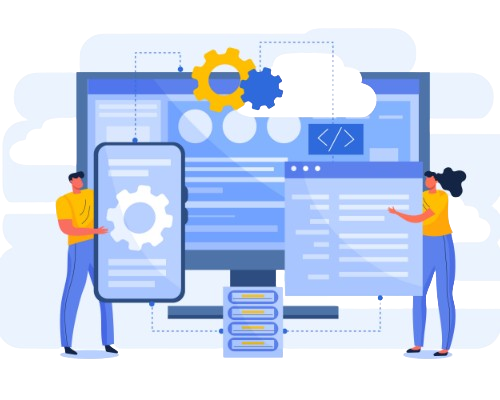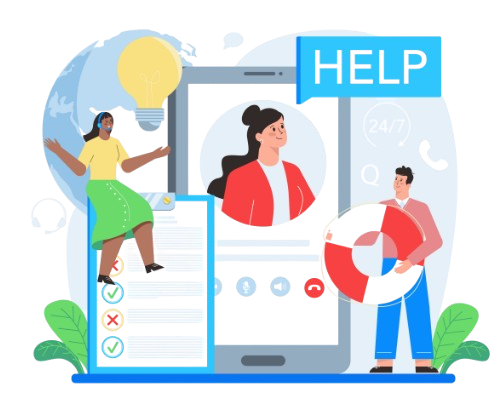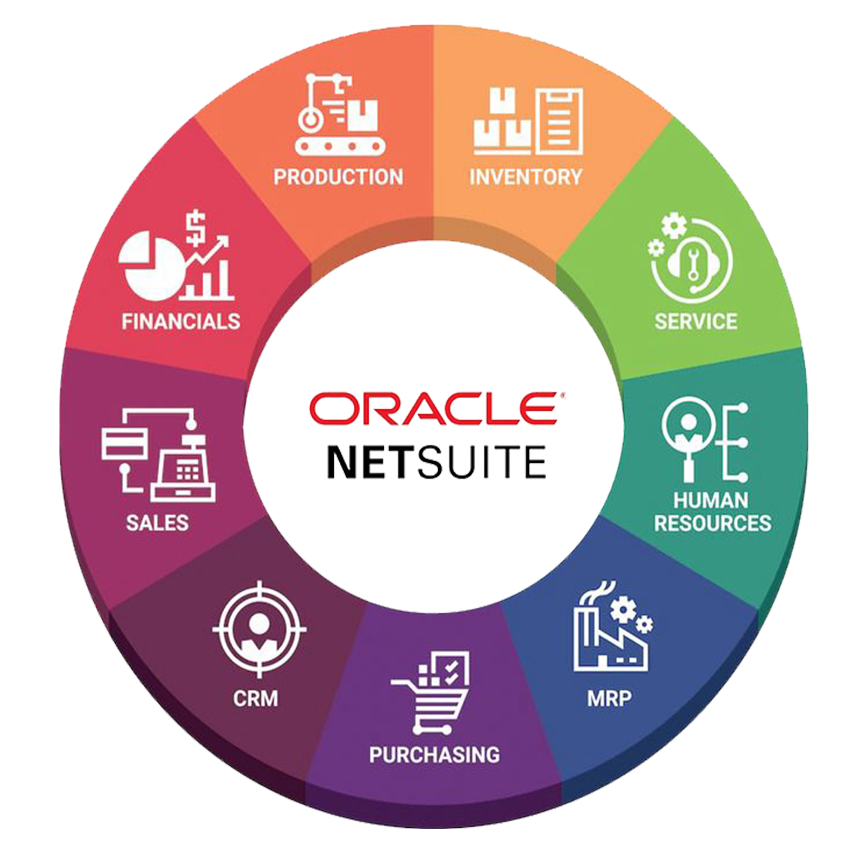
1. System Maintenance and Updates
- Regularly applying software updates, patches, and enhancements to keep the NetSuite system up-to-date and secure.
- Monitoring system health and performance to identify and address potential issues.
2. User Management
- Create, modify, and deactivate user accounts.
- Assign appropriate roles and permissions to users.
- Manage user access and security settings.
- Role Hierarchy Management and Role Consolidation
3. Data Management
- Data import and export, including customer records, sales orders, and inventory data.
- Data cleanup, data deduplication, and data migration as required to maintain data integrity.
- Data backups and disaster recovery planning.
- Maintain SB Refresh Cycles
- Data Archiving
4. Configuration and Customization
- Configure and customize NetSuite to align with the client's business processes.
- Modify workflows, forms, and saved searches.
- Create and manage custom fields and records.
5. Dashboard and Reporting
- Design and maintain custom dashboards and reports for real-time insights.
- Provide training to end-users on report generation and dashboard usage.
6. SuiteAnalytics
- Setting up and configure SuiteAnalytics for advanced data analysis and reporting.
- Design and optimize saved searches to extract meaningful insights.
7. Workflow Automation
- Design and implement workflows to automate business processes.
- Monitor and fine-tune workflows for efficiency.
- Configure Native NetSuite Approval Workflows
8. SuiteCommerce
- Manage SuiteCommerce configure and customize for e-commerce businesses.
- Ensure a seamless customer shopping experience.
9. Software Updates and Patch Management
- Apply regular software updates, patches, and enhancements to NetSuite.
- Ensure that the system remains up-to-date and secure.
10. Security and Compliance
- Enforce security best practices, including role-based access controls, data encryption, and security configurations.
- Ensure compliance with data protection regulations, such as GDPR and industry-specific requirements.
11. Training and Documentation
- Conduct training sessions for end-users and administrators.
- Document system configurations and customizations.
12. Performance Optimization
- Monitor system performance to identify bottlenecks and areas for improvement.
- Implement strategies to optimize system speed and responsiveness.
13. Budgeting and Cost Control
- Monitor costs associated with NetSuite usage.
- Provide recommendations for cost savings and efficient resource allocation.
14. Continuous Improvement
- Identify opportunities for process optimization and enhancements within the NetSuite environment.
- Provide recommendations for improved efficiency and business outcomes.
15. System Integration and Custom Scripting
- Integrate NetSuite with other business applications, such as CRM or e-commerce platforms.
- Setup automated data synchronization and communication between systems.
-
Manage and maintain IPaaS such as
- Boomi
- Celigo
- Workato
- MuleSoft
- Native NetSuite Integrations
- Develop and maintain SuiteScript (JavaScript) for advanced customization.
- Create and manage scheduled scripts for automated tasks.
- Customize Forms
- Customize Advanced PDF Templates
- Custom module development
- Code Management
SLA
- Provide helpdesk support to end-users for day-to-day inquiries, technical issues, and troubleshooting.
- Resolve system errors and troubleshooting technical problems.
- Level 1 Issues = 8 – 16 Hours
- Level 2 Issues = TBD Based on complexity
- Level 3 Issues = TBD Based on complexity

